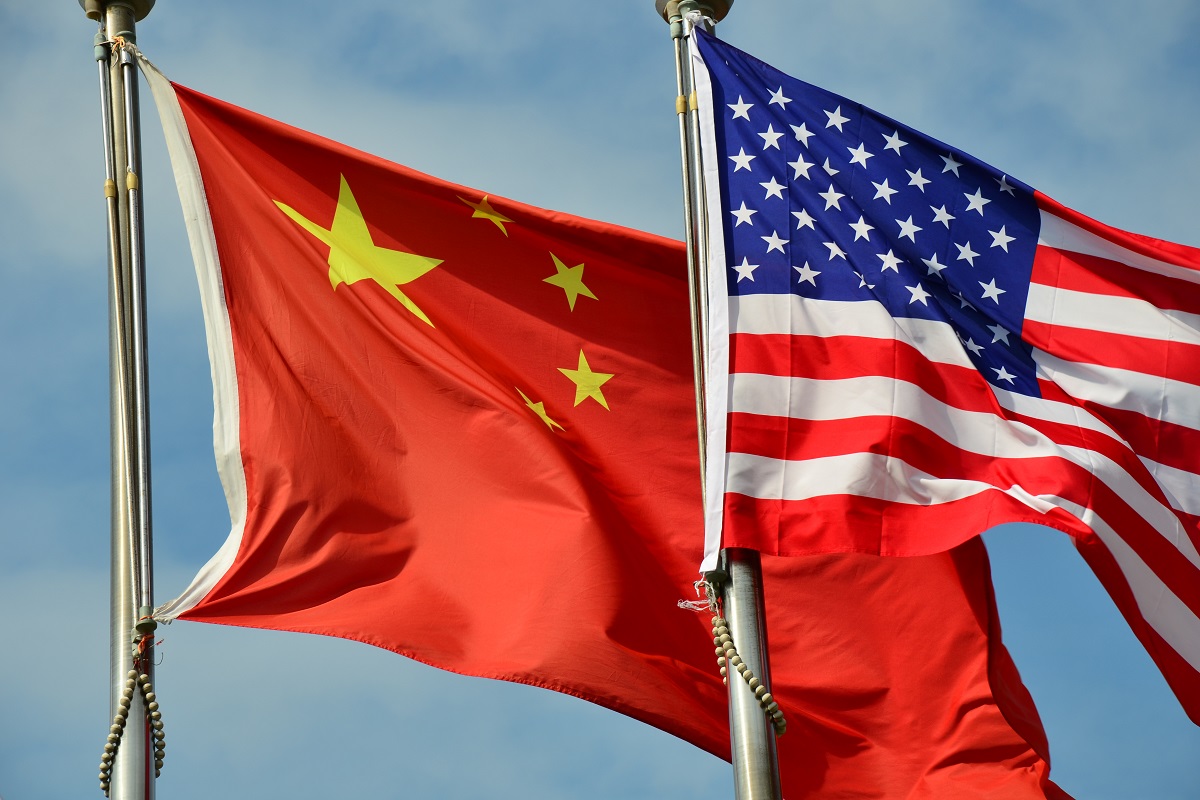The trilateral tensions between China and the United States on the one hand and Hong Kong at another remove are bound to escalate with Donald Trump ordering an end to Hong Kong’s special status under US law, and to punish China for what he called “aggressive actions” against the former British colony. Almost immediately, China has vowed to retaliate with a “firm response”.
Wednesday’s executive order, signed by the US President, will end the preferential economic treatment Hong Kong has received for years. “No special privileges, no special economic treatment and no export of sensitive technologies”, was the fineprint of Trump’s imprimatur. Diplomatically enough, China has raised the prickly issue of third-party intervention without being explicit.
Advertisement
Nonetheless, Beijing has made it clear that no country has the right to interfere in what it called “purely China’s internal affairs”. The response has been as robust as it could be ~“US efforts to thwart the implementation of Hong Kong’s national security will never succeed. In order to defend its own interests, China will respond as necessary and impose sanctions on the relevant American individuals and entities.
We urge the US to correct its mistakes. If the US stubbornly pursues this path, China will give a firm response.” Thus far, it is a war of words, embedded in economic muscle-flexing by the US. Acting on a Tuesday deadline, Trump also signed a bill approved by the US Congress to penalise banks doing business with Chinese officials who implement the new security law.
“Today I signed legislation, and an executive order to hold China accountable for its aggressive actions against the people of Hong Kong,” Trump said. “Hong Kong will now be treated the same as mainland China.” This succinctly is the crux of US policy towards the territory that has, since 1997, been China’s protectorate. The executive order is sweeping.
The full text, as released by the White House, outlines the penalties and suspensions, as well as newly reallocated admissions within the US refugee ceiling “to residents of Hong Kong based on humanitarian concerns”. The order has suspended multiple sections of legislation governing US immigration, arms exports and defence production, and eliminated US preference for Hong Kong passport holders as compared to passport holders of China.
The White House later released the full text of the executive order, outlining the penalties and suspensions, as well as newly reallocated admissions within the US refugee ceiling “to residents of Hong Kong based on humanitarian concerns”.
Hong Kong was the source of the largest bilateral US goods trade surplus last year, at $ 26.1bn, based on US Census Bureau data. It is also a major destination for US legal and accounting business. More than 1,300 US firms have offices there. America’s economic reprisal against Hong Kong ~ with a dire message for China ~ has been sweeping and severe.











